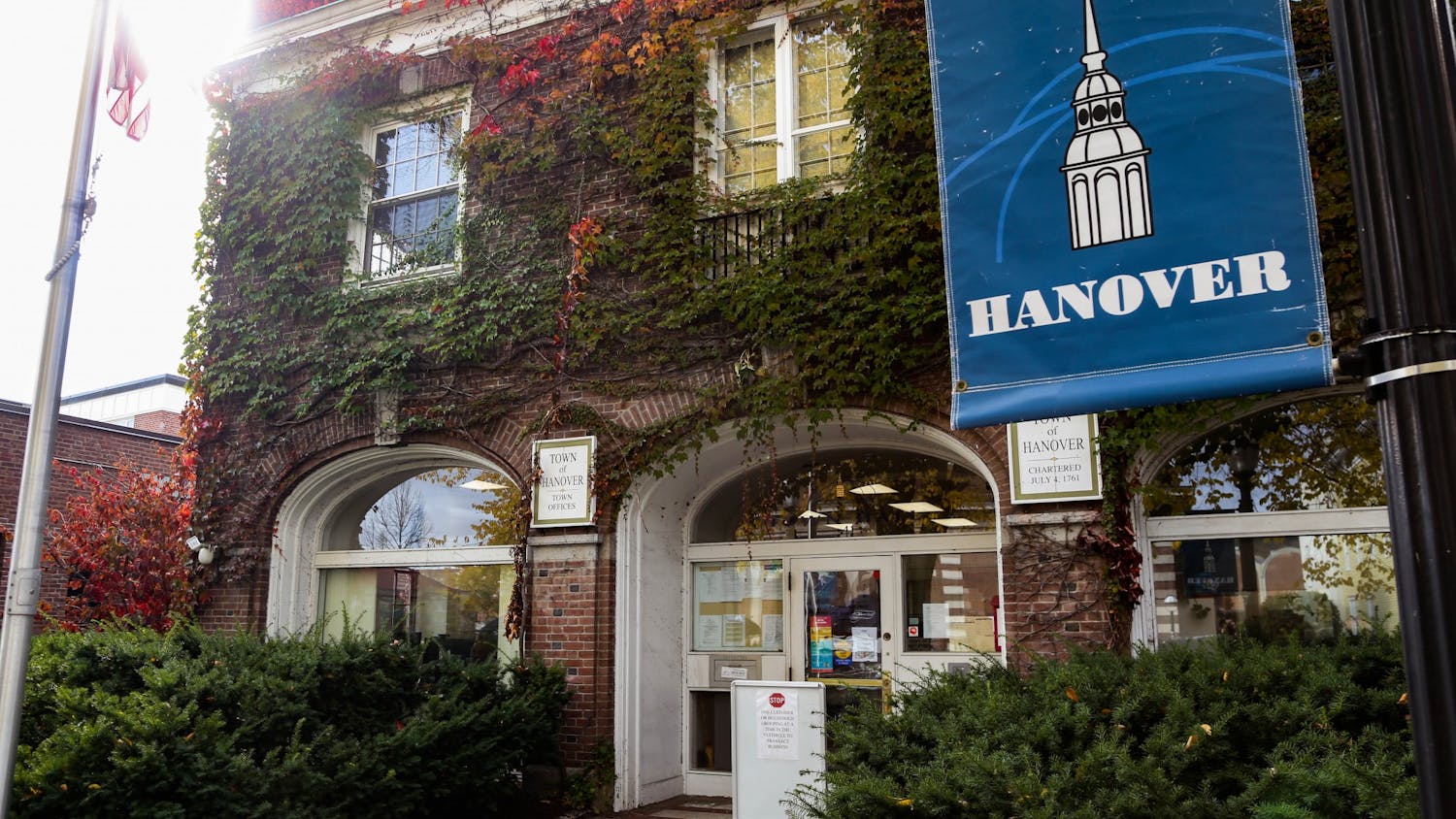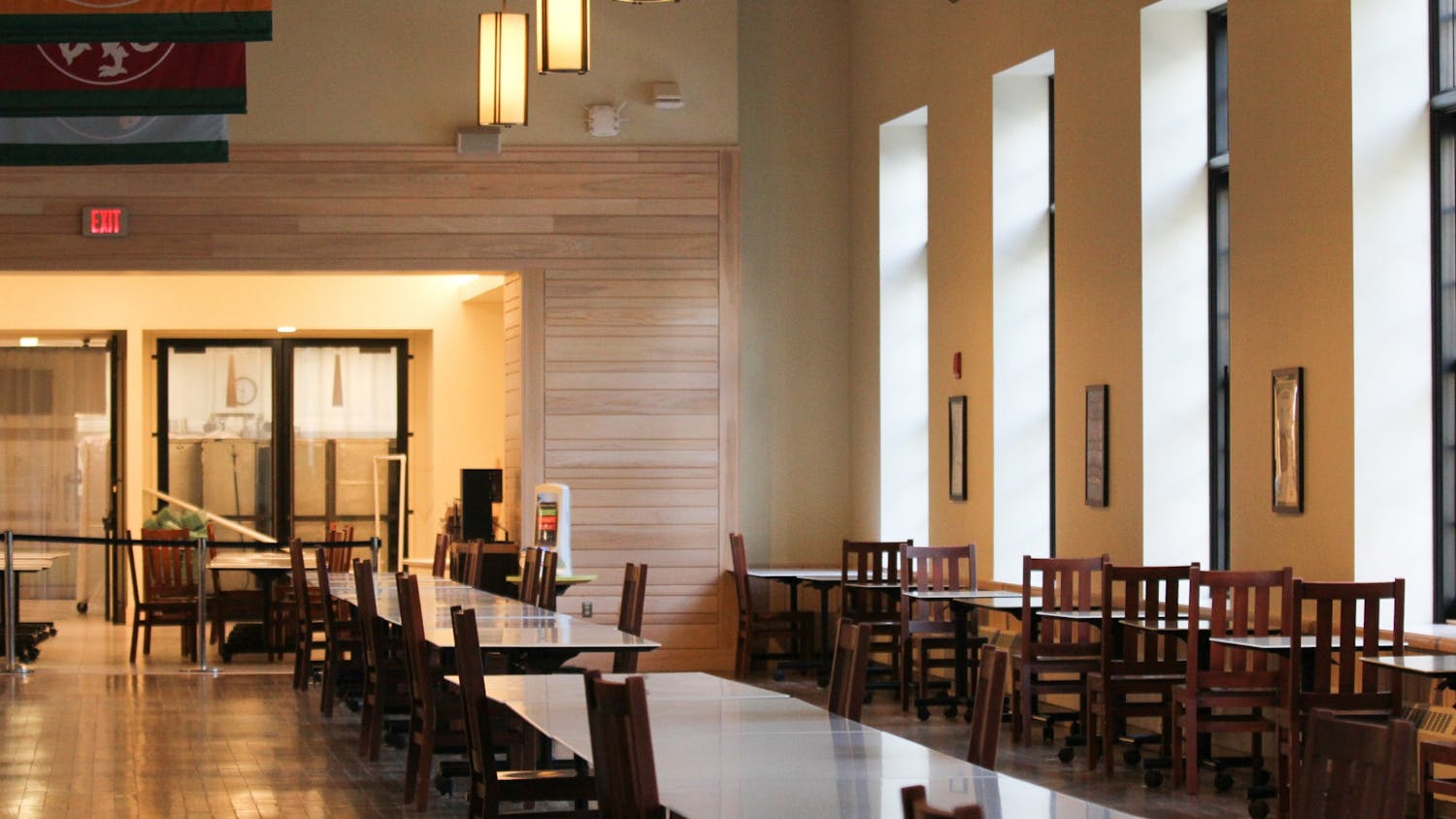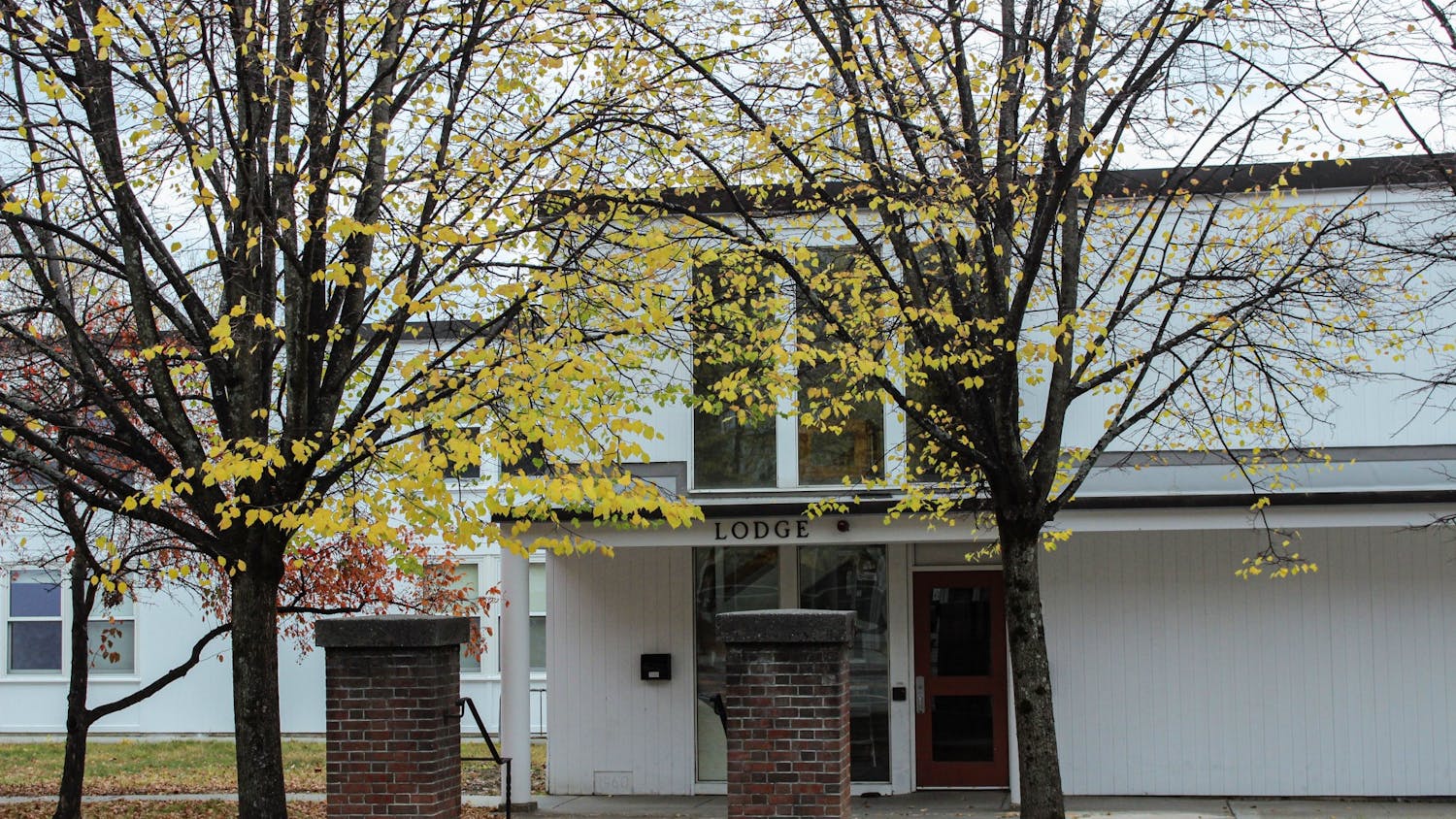Dining at Dartmouth saw a number of changes this term, from a meal delivery system during quarantine to limited occupancy in dining halls. However, amid these changes, it is clear that the College’s dining services have failed students more often than not, despite the best intentions of College administrators.
With fall term coming to a close, it is time for the College to assess where the dining plan has worked well and where it’s fallen short. Ultimately, Dartmouth and Dartmouth Dining must respond to the shortcomings of this term — namely, overpriced and underutilized meal plans and lackluster advertising of the elimination of DBA rollover — to improve students’ dining experiences in the terms ahead.
Simply put, implementing the new dining plan erected barriers that make it vastly more challenging for students to get their money’s worth. This term, all students are on the same $2,220 meal plan, the most expensive in recent history. This single meal plan replaces what had been several options that combined meal swipes and dining dollars, or DBA, to meet individual needs. Now, all students get unlimited access to the Class of 1953 Commons or one swipe at another location for each of four meal periods, in addition to $300 in DBA for the entire term. The primary reason for the change was to ensure that students received meals in the event they were sent to quarantine or isolation throughout the term. However, to date, on-campus quarantine and isolation housing has peaked at 0.9% capacity. Considering that, forcing all students into the plan is moot if so few students have needed to use it.
Physical changes to Dartmouth Dining operations also limit the usability of meal swipes and DBA. Many dining locations that benefitted from student DBA use, like King Arthur Flour, Courtyard Cafe and the residential snack bars, are closed. Granted, KAF’s closure was unrelated to the pandemic, but student dining habits have still changed greatly as a result of these closures. While having extra DBA is normally not a major issue due to a longstanding policy of rolling over $100 in DBA from one term to the next, Dartmouth Dining is no longer allowing that to happen. Proper budgeting is the stated reason for this change, yet Dartmouth Dining itself didn’t let students budget their DBA effectively. Because that change was poorly advertised until the middle of the term, students across the College are now scrambling to spend the DBA they’ve already been forced to pay for.
This is not to say that Dartmouth Dining shouldn’t have adapted to meet the needs of the pandemic. However, with a term of COVID-19 dining under our belts, there are better ways to address some of the issues posed this term. For example, instead of requiring all students to pay for unlimited meal swipes that go to waste, Dartmouth Dining could allow students to refund their unused swipes. Or better yet, make meals free for quarantined students so they have one less thing to worry about if they get COVID-19 or are exposed to it. Also, instead of notifying students at the 11th hour that DBA no longer rolls over, prominently advertising that change at the beginning of the term will alleviate student frustrations.
Not everyone will agree on the “best” plan to address dining disparities on campus in the COVID-19 era. That said, it is clear that the current plan is not working as well as it should. Slapping a uniform solution on dining ignores the diversity that students have in their habits and preferences. While now may not be the time to bring back the full slate of old Dartmouth Dining policies, we can certainly return to a time where dining was flexible and more welcoming to all.



